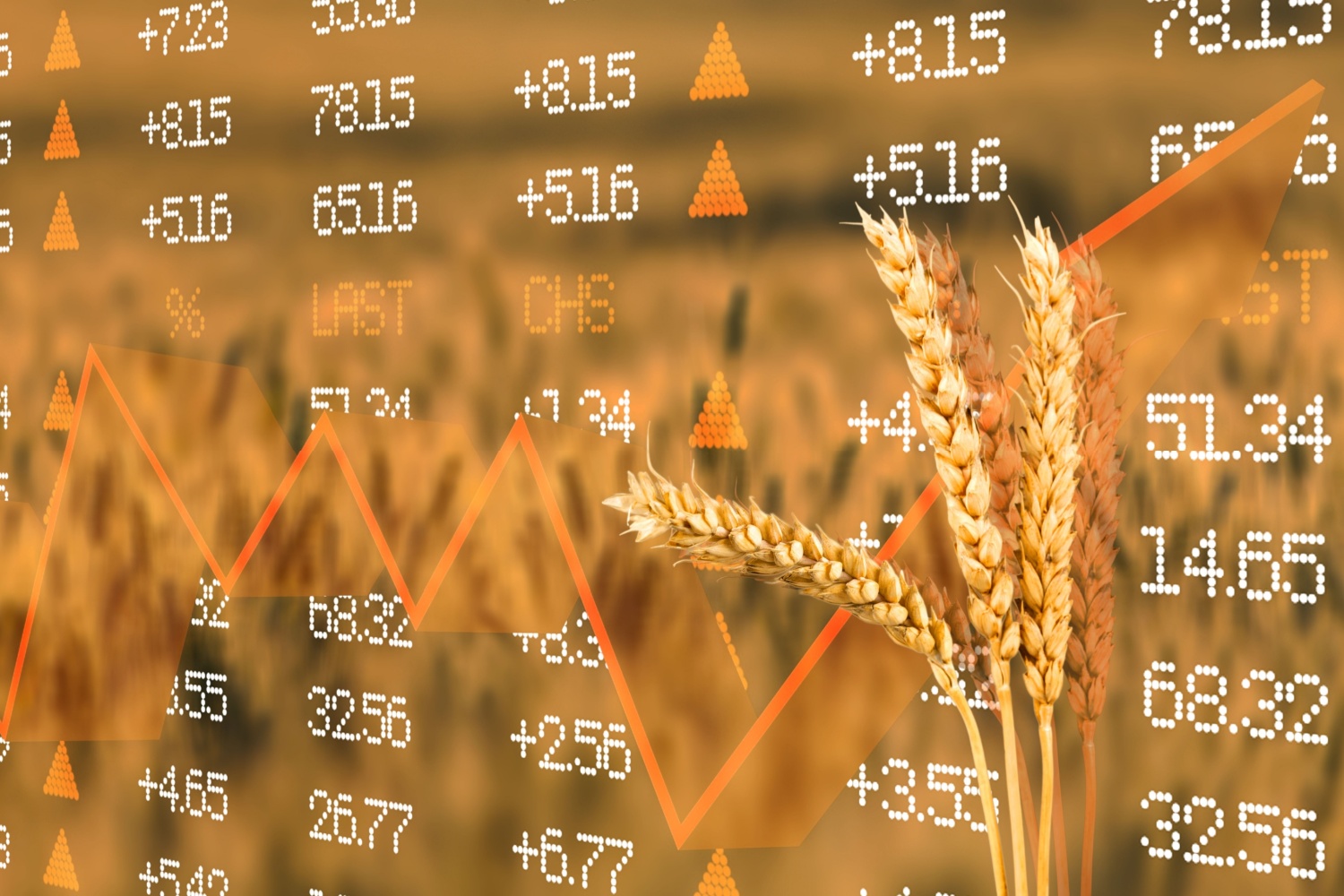As the agriculture sector works through 2025, producers across the country are closely watching the shifting dynamics of the ag economy. With inflationary pressures, lower commodity prices, and a tightening cost-price squeeze, many are asking, “What’s the financial outlook for farming as we continue through 2025?” Joe Springer, Managing Director of Ag Lending and Insurance at Compeer Financial, shared his insights and advice on how producers can prepare, plan, and persevere. He says having open, ongoing conversations with your financial partners is key…tape
“The communication, the open dialog, the back and forth, is really going to be important. And as producers think about, you know, their long-term plans, we really want to make sure that we’re having those proactive conversations — talking about things like, how are things going? We’ll reach out throughout the year and talk about, how’s the crop growing? How are things coming along? And it’s really good for producers to do that as well.”
Springer acknowledges that the agricultural economy is currently in a down cycle, with producers navigating tighter margins due to rising costs and lower commodity prices. However, he is quick to point out that most farmers entered this downturn in a relatively strong position. Many had accumulated record levels of liquidity over the past few years and are now strategically drawing on that buffer.
That said, liquidity is decreasing, and balance sheets are tightening—particularly in regions with lower yields in 2024. When asked how producers can better position themselves to withstand a prolonged economic slump, Springer stresses the importance of returning to fundamentals…tape
“First and foremost, I kind of always go back to the basics. Producers need to understand their break-even point, understand their financial position — understand, you know, their ratios. And if they don’t, reach out to a lender, an accountant, some trusted advisor to help with that. But understand the break-even, and understand where you’re at in that process. And then, build, develop and execute. The piece that’s important to me is the execution of a risk management plan.”
Springer reiterated that communication with lenders, accountants, and advisors should be ongoing and proactive. Producers must deeply understand their financial situation and continuously refine their risk management strategies to remain resilient and successful in uncertain economic conditions. Learn more at www.compeer.com.


